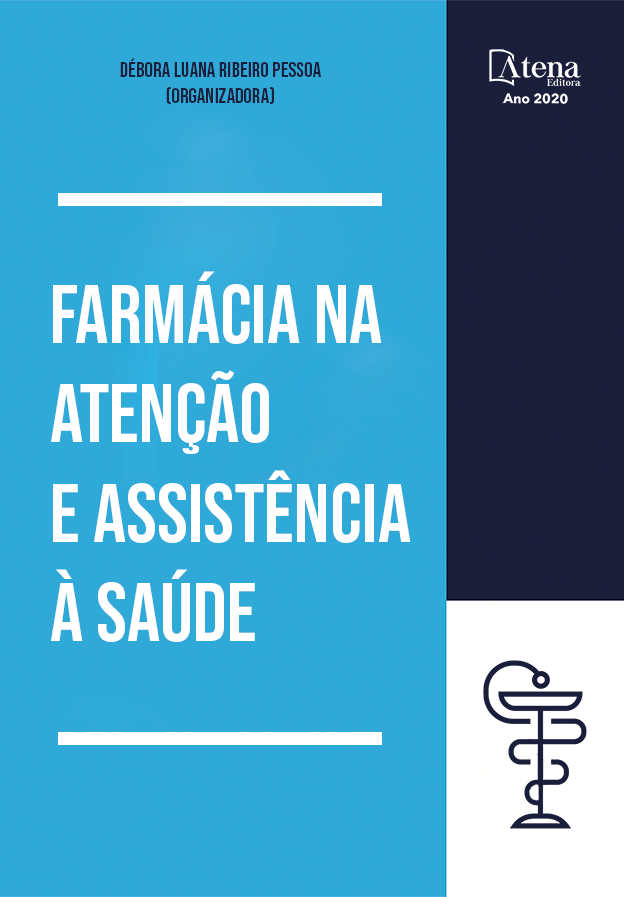
A MACROSSOMIA FETAL E SUA RELAÇÃO COM O GANHO EXCESSIVO DE PESO EM MULHERES COM DIABETES MELLITUS GESTACIONAL
Introdução: Diabetes mellitus gestacional é uma intolerância à glicose diagnosticada pela primeira vez na gestação, elevando os riscos para o binômio mãe e filho especialmente se a mulher tiver um ganho de peso superior ao recomendado para a gestação. Um dos principais riscos é a macrossomia fetal que é caracterizada por um peso maior ou igual a 4.000 gramas ao nascer. Objetivo: analisar na literatura qual a frequência de macrossomia fetal e a sua relação com o ganho excessivo de peso na gestação em mulheres com diabetes mellitus gestacional. Metodologia: Trata-se de uma revisão integrativa da literatura com abordagem qualitativa, realizado durante os meses de abril a maio de 2016, nas bases de dados indexadas na Biblioteca Virtual em Saúde. Resultados: Foram analisados 7 estudos onde todos mostraram que o excessivo ganho de pesos na gestação de mulheres com diagnóstico de Diabetes mellitus gestacional elevam as incidências de macrossomia fetal. Conclusão: Foi possível concluir que o ganho excessivo de peso durante a gestação em mulheres com diabetes mellitus gestacional eleva consideravelmente os riscos para a mãe e para o concepto, especialmente relacionado a macrossomia fetal, além de riscos como cesarianas e outras complicações. Nesse sentido, considera-se que os fatores determinantes para prevenção deste quadro é um pré-natal de início precoce e de ações interdisciplinares de alta qualidade.
A MACROSSOMIA FETAL E SUA RELAÇÃO COM O GANHO EXCESSIVO DE PESO EM MULHERES COM DIABETES MELLITUS GESTACIONAL
-
DOI: 10.22533/at.ed.72020151221
-
Palavras-chave: Macrossomia fetal; Ganho de peso; Diabetes gestacional.
-
Keywords: Fetal macrosomy; Weight gain; Gestational diabetes
-
Abstract:
Introduction: Gestational diabetes mellitus is a glucose intolerance diagnosed for the first time during pregnancy, increasing the risks for the mother and child binomial especially if the woman has a weight gain greater than that recommended for pregnancy. One of the main risks is the fetal macrosomia which is characterized by a weight greater than or equal to 4.000 grams at birth. Objective: to analyze in the literature what is the frequency of fetal macrosomia and its relationship with excessive weight gain during pregnancy in women with gestational diabetes mellitus. Methodology: This is an integrative review of the literature with a qualitative approach, carried out during the months of April to May 2016, in the databases indexed in the Virtual Health Library. Results: 7 studies were analyzed where all showed that the excessive gain weight weights in women diagnosed with gestational diabetes mellitus increase the incidences of fetal macrosomia. Conclusion: It was possible to conclude that excessive weight gain during pregnancy in women with gestational diabetes mellitus considerably increases the risks for the mother and the fetus, especially related to fetal macrosomia, in addition to risks such as cesarean sections and other complications. In this sense, it is considered that the determining factors for preventing this condition are early prenatal care and high-quality interdisciplinary actions.
-
Número de páginas: 11
- Geana Rosa de Viveiros Oliveira
- Francisco Santana Lima
- Benício José da Silva
- Daniella Mendes Pinheiro
- Nadja Vanessa Dias de Oliveira
- Lígia Maria Cabedo Rodrigues
- Camilo José Soares Araújo
- Gabriela Oliveira Parentes da Costa
- Clédison Portela Morais
- Irizete Maria da Silva
- Dean Douglas Ferreira de Olivindo
- Aclênia Maria Nascimento Ribeiro


